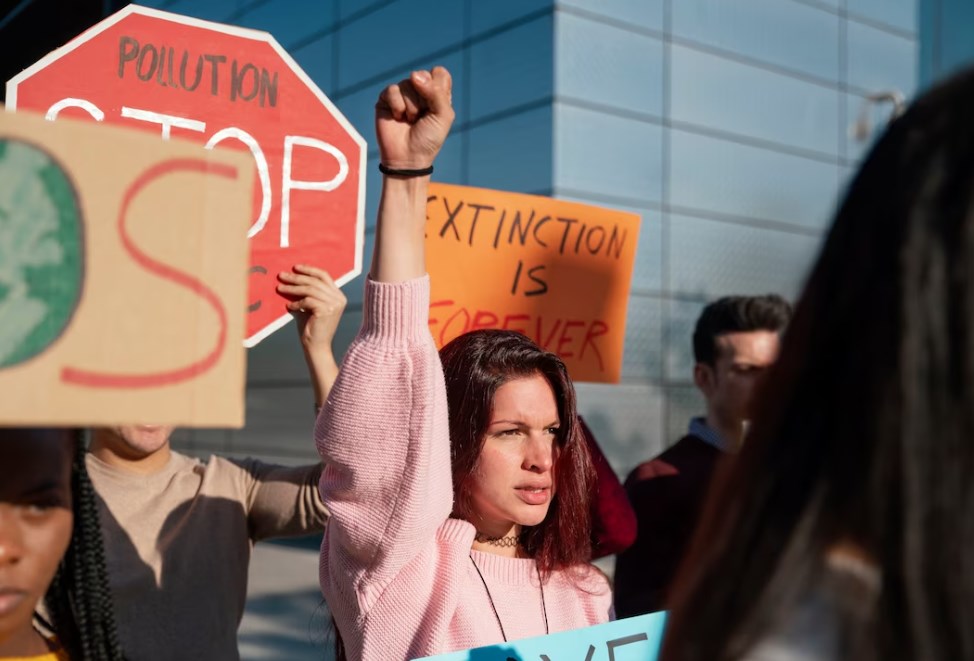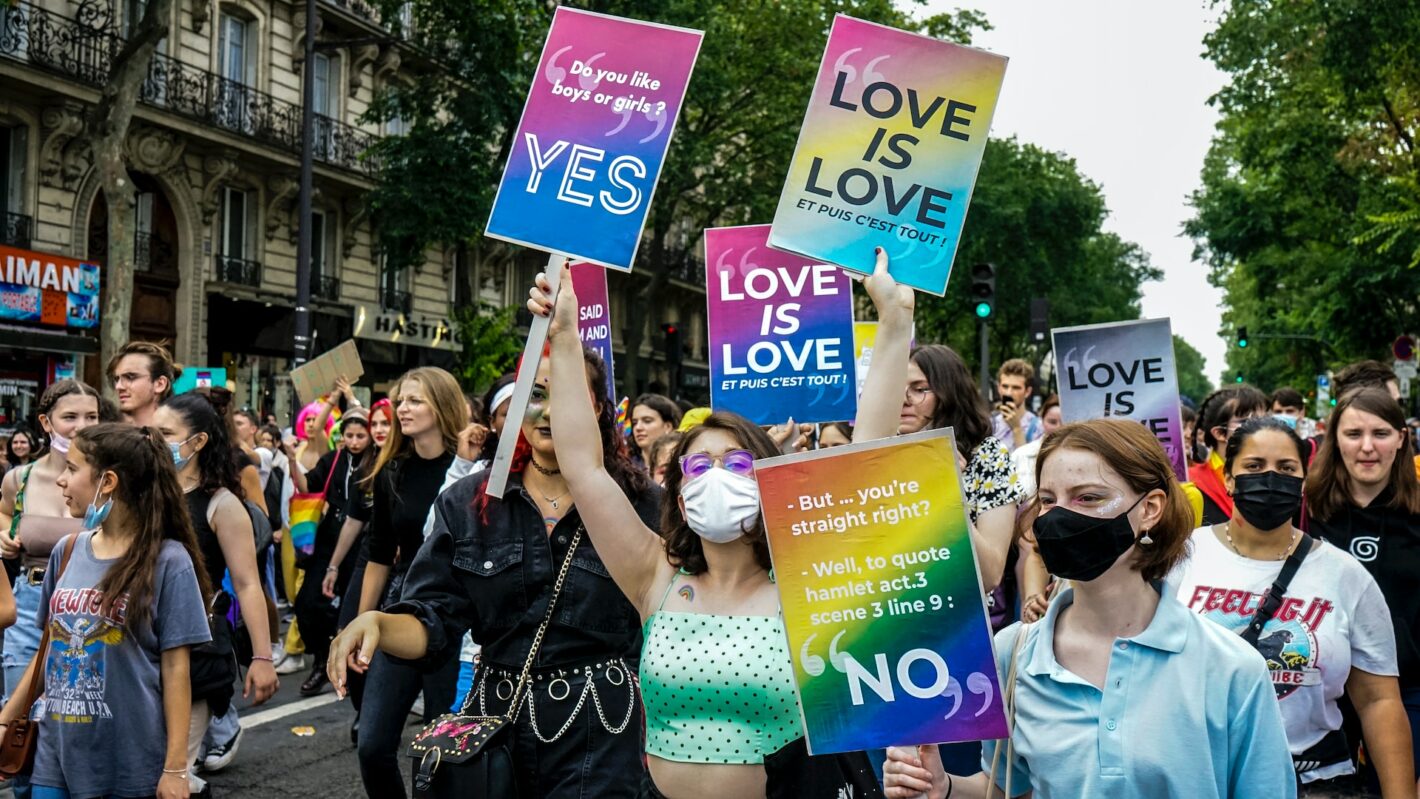Exploring Top Political Challenges Facing the World Today

Political dynamics profoundly influence our daily lives, guiding our choices, rights, and opportunities.
This article delves deep into 20 pressing political challenges that shape our global landscape, affecting millions daily.
1. Poverty’s Persistent Grip
Although there has been a decline in extreme poverty (those surviving on less than $2.15 per day), it remains a concern for an estimated 659 million individuals. As of early 2022, a significant 62% of the world’s populace subsisted on under $10 daily.
Poverty is fueled by various systemic factors, like income disparity, gender bias, and ineffective governance. The ripple effects spread across societies, leading to potential political unrest, hindered economic progress, deteriorating public health, soaring death rates, and escalating crime.
2. The Gap between Rich and Poor
An Oxfam study highlighted that since 2020, the world’s wealthiest 1% have garnered almost two-thirds of the newly generated wealth. A staggering fact is that the combined wealth of the ten wealthiest individuals, including notable names like Elon Musk and Jeff Bezos, surpasses the total assets of the lowest 40%.
To grasp this immense wealth: if these ten individuals spent $1 million daily, their combined fortune would last 414 years. Such disparity in wealth isn’t coincidental but results from governmental policies, discrimination, and stagnant income growth. Societies with such disparities witness decreased economic robustness, limited upward mobility, increased crime, and deteriorated health outcomes.
3. The Road to Gender Parity
Surprisingly, the attainment of worldwide gender parity is projected to take 300 years based on current data, a setback from earlier estimates. As of 2019’s end, this goal was predicted to be achieved in a century. But then, the pandemic struck.
Factors such as global health emergencies, assaults on reproductive rights, increasing violence against women, and environmental challenges further complicate the path to gender equality.

4. Escalating Aggressions against Women
The consistent challenge of violence against women has been accentuated during pandemic-induced lockdowns. Organizations, including the UN, sometimes term this increase as “the shadow pandemic.”
A study from the Harvard Gazette, citing the American Journal of Emergency Medicine, proposed that instances of domestic violence surged by up to 35% globally. Comprehensive strategies encompassing legal frameworks, poverty alleviation, improved social service access, and education are imperative.
5. The Politics of Environmental Crisis
Why is climate change a contentious topic? Public perceptions, the viability of solutions, and governmental responsiveness to societal concerns all interplay in the climate debate. Addressing the planet’s paramount environmental challenge demands a keen understanding of its political dimensions.
6. Navigating Post-Pandemic Challenges
The ramifications of the COVID-19 pandemic have been staggering. Paired with other global challenges, it has thrust an additional 70 million individuals into extreme poverty. Particularly affected are those under 25, who, by 2050, will constitute about 90% of the prime-age labor force. The pandemic has also undone significant strides toward gender parity. Navigating the post-pandemic world remains a dominant concern for nations worldwide.
7. The Strain on Healthcare Infrastructure
The World Health Organization reports that over 930 million people allocate at least a tenth of their earnings to healthcare, with 100 million slipping into poverty due to these expenses. Universal healthcare seems a promising solution. A study from Yale suggests that almost 212,000 lives might have been spared if the U.S. had adopted universal healthcare in 2020. However, even these systems aren’t without challenges and require meticulous oversight.
8. The Menace of Corrupt Governance
Corruption, manifesting in forms like bribery, embezzlement, and power abuse, occurs when officials misuse their authority or resources for personal or selective group enrichment. The World Bank indicates that corruption notably harms the economically vulnerable, limiting their access to vital services.
Beyond infringing upon human rights, corruption jeopardizes national stability. Although global corruption rankings differ in their precision, a majority of nations score unfavorably on Transparency International’s yearly corruption index. Tackling corruption remains pivotal to addressing interconnected challenges like poverty and gender bias.
9. Declining Democratic Systems
Though certain biases exist in global democracy evaluations, overwhelming research highlights a decline in global democratic values. Recent studies, such as the Economist Intelligence Unit’s Democracy Index, indicate that a staggering portion of the global populace now lives under authoritarian regimes.
Only a meager 6.4% live under what’s considered a “full democracy.” This erosion of democratic values has cascading effects, including challenges related to human rights, economic progression, and corruption, to name a few.
10. Global Disarmament Challenges
Disarmament refers to the curbing, diminishing, or total prohibition of specific weapons. International bodies, like the UN, express heightened concern over weapons of mass destruction, with past horrors like the bombings of Hiroshima and Nagasaki in 1945 as stark reminders. Recent global tensions, for instance in Ukraine, have rekindled fears of another potential arms escalation.
11. The Energy Transition Imperative
The undeniable link between fossil fuels and climatic disturbances underscores the importance of transitioning to renewable energy. The adoption of green energy sources such as wind, hydro, and solar has surged lately. Yet, hurdles like climate skepticism, vested fossil fuel interests, and outdated infrastructure remain persistent roadblocks.
12. The Urgency of Cybersecurity
The digital revolution, while advantageous in many ways, brings forth critical vulnerabilities. Reports like those from the Bipartisan Policy Center emphasize challenges arising from geopolitical tensions, lackluster corporate leadership, and a shortage of skilled cybersecurity personnel. Critical sectors such as defense, finance, education, and healthcare have all faced cybersecurity threats, necessitating proactive defensive measures.
13. Preparing for Future Health Crises
COVID-19 served as a stark reminder of potential future pandemics. Strengthening public health infrastructures and global cooperation becomes imperative. Also, addressing the politicization of science and combating misinformation becomes crucial in effective crisis management.
14. Upholding Journalistic Freedoms
The World Press Freedom Index paints a grim picture of declining press freedoms over the past decade. Challenges faced by journalists, including threats, incarceration, and even fatal incidents, are exacerbated by issues like extremism, economic difficulties, and the rise of authoritative governance.
15. The Dynamics of Global Migration
Factors such as climatic changes, economic uncertainties, and political upheavals influence global migration patterns. Projections suggest that migration will intensify as regions, especially areas in Africa, face climatic challenges. Conflicts like the Ukrainian war further contribute to displacement, underscoring the need for comprehensive political solutions.
16. The Quest for Water Security
With 2 billion individuals lacking dependable access to potable water, the issue of water security is pressing. Factors such as drought, inadequate water management, and environmental degradation exacerbate water shortages. Additionally, this scarcity can become a catalyst for conflict, highlighting its political significance.
17. Addressing the HIV/AIDS Challenge
The journey towards effectively managing HIV/AIDS has been monumental, yet challenges persist. The WHO reports that in 2021, HIV/AIDS claimed approximately 650,000 lives. While no cure exists, management is possible with proper treatment. The onus lies in political leadership to ensure equitable access to preventive and therapeutic resources.
18. Safeguarding Workers and Navigating Labor’s Future
The Universal Declaration of Human Rights highlights vital worker protections, including equitable pay and unionization rights. However, ongoing challenges, highlighted by reports like the IUTC Global Rights Index, showcase consistent rights infringements. Furthermore, evolving global labor dynamics influenced by globalization, technological advancements, and demographic changes necessitate updated political strategies.
19. LGBTQ+ Advocacy
While strides have been made in the realm of marriage rights for the LGBTQ+ community, their broader rights continue to be challenged globally. Nations such as Ghana and Uganda have instituted stringent laws that penalize individuals based on their sexual orientation.
Similarly, there has been an alarming rise in legislative maneuvers targeting the transgender community in countries like the United States. Such discriminatory practices deeply affect various aspects of life, including safety measures, healthcare provisions, accommodation opportunities, job security, and several others.
20. Challenges in Delivering Humanitarian Assistance
The realm of humanitarian efforts is governed by key tenets like compassion, non-partisanship, autonomy, and fairness. Nonetheless, it is impractical to consider humanitarianism as entirely removed from geopolitical influences. For instance, according to NPR, a significant portion of the humanitarian framework is grounded in Western ideologies. This can inadvertently lead to patterns of reliance rather than cultivating resilience and self-sufficiency.
The New Humanitarian has also illuminated instances where humanitarian assistance has been manipulated for strategic advantage, underscoring the importance of being wary of the geopolitical implications. Consequently, while the ethos of humanitarianism advocates for neutrality, the practice often intertwines with political nuances.
21. Environmental Conservation and Biodiversity
The health of our planet’s ecosystems and the vast diversity of life they support is a matter of pressing importance. Around the world, habitats are being degraded and destroyed at an alarming rate, leading to the potential extinction of countless species. Whether it’s the deforestation of the Amazon rainforest, the bleaching of coral reefs, or the widespread loss of wetlands, these environmental tragedies have profound implications not just for the species directly affected, but for humanity as well.
This loss of biodiversity can destabilize ecosystems, making them less resilient to changes and reducing their ability to provide essential services like clean air and water. Beyond the immediate ecological concerns, there are socio-economic consequences as well. Many communities, especially in developing countries, rely on local ecosystems for their livelihoods, from fishing to tourism. Ensuring the preservation of these environments and the biodiversity within them is not only an ecological imperative but a socio-economic one as well.
Conclusion
The multifaceted political challenges outlined in these sections serve as a reminder of the intricate web of concerns the global community grapples with. Addressing issues ranging from the rights of the LGBTQ+ community to environmental conservation demands informed, empathetic, and strategic interventions.
As nations and communities become even more intertwined in this age of globalization, fostering dialogue, collaboration, and mutual respect becomes paramount in navigating these challenges and building a more just and sustainable future.


